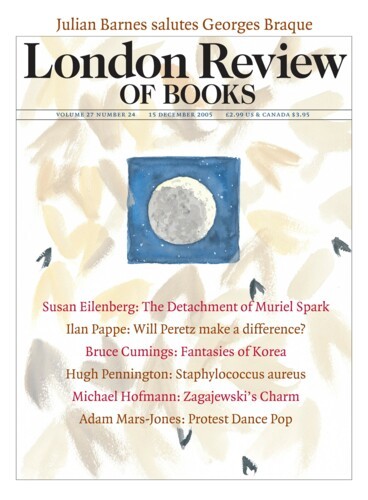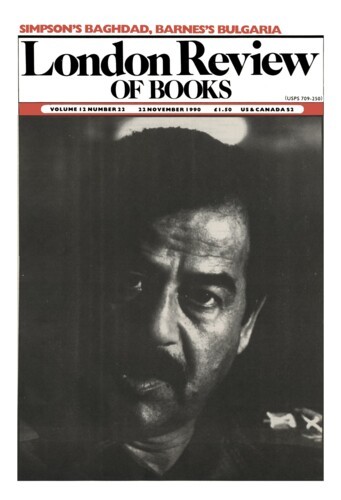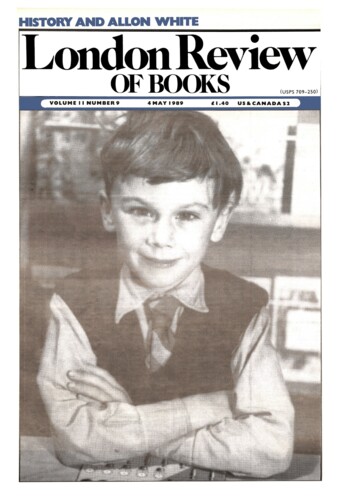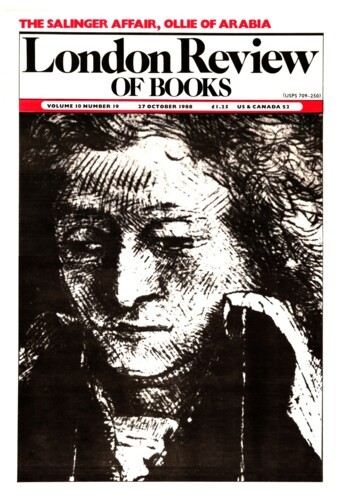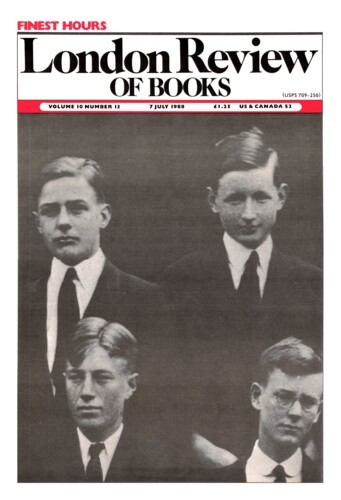When policemen first started to look ridiculously young, I can’t say it bothered me (besides, it’s good for them to be younger – fitter, keener, less cynical). I found the problem came when airlines began employing pilots whose voices hadn’t yet broken. There you are, huddled in your seat, trembly with fear and booze, and instead of being greeted by unflappable, grey-haired Captain MacIntyre, noted survivor, you get the reassurances of someone who graduated only last week from Lego to a 747 cockpit simulator. At such moments time moves with a charmless jerk. It did the same the other week while I was reading the personal ads in Private Eye. In what we may as well call ‘the old days’ there used occasionally to be coded pleas from girls needing money for an abortion. Nowadays they’re advertising for everything, and requesting sums it’s less easy to unravel. In this issue of the Eye, for instance, there was a ‘handsome’ student seeking £1,999 o.n.o.; a ‘desperate’ ex-RN officer wanting £10,000 sponsorship for a degree; a similarly ‘desperate’ Kate also needing £10,000; a ‘good-looking, tall, slim, erudite gentleman, 28’, trying to raise £20,000 to save himself from the effects of the Wall Street Crash; a musician who had fallen over his drums requiring £450 for a ‘new mouth’ (this was the only one that made me feel briefly Gettyish); and £300 wanted – sex and precise reason unstated – to ‘save face’.’
When policemen first started to look ridiculously young, I can’t say it bothered me (besides, it’s good for them to be younger – fitter, keener, less cynical). I found the...
